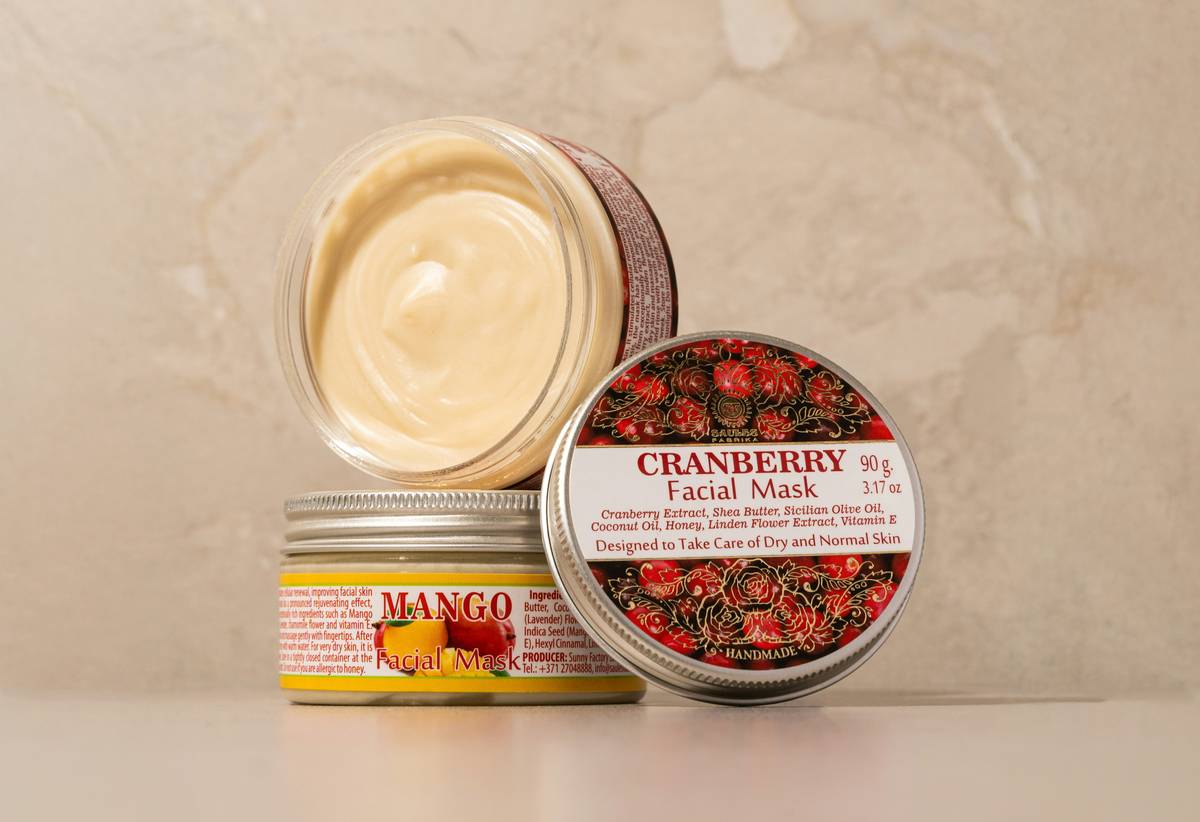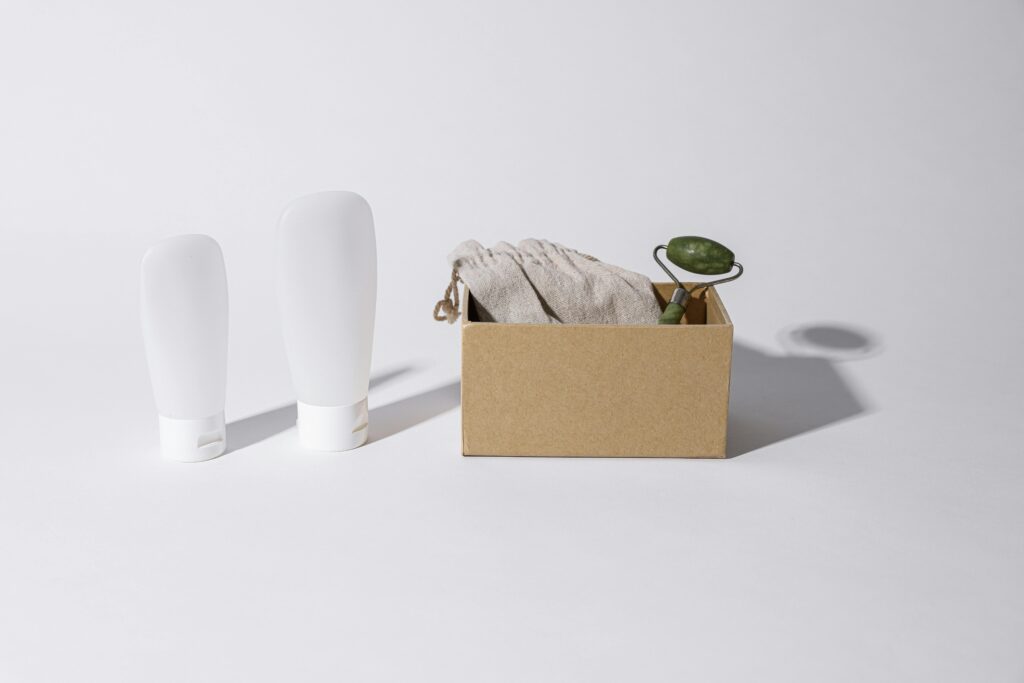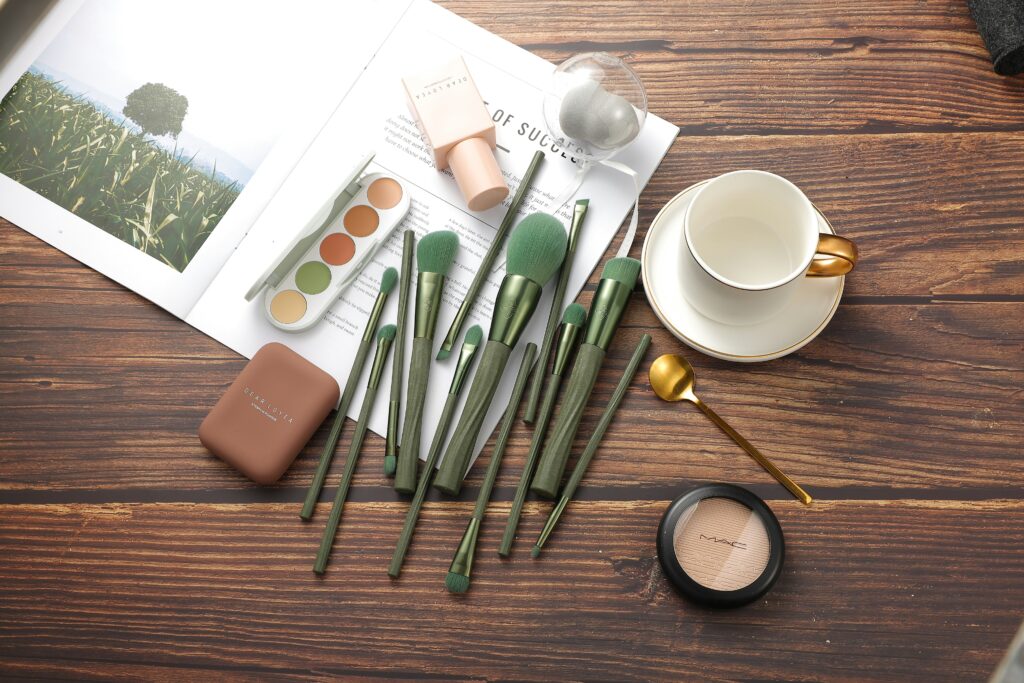Ever stared at a moisturizer label only to feel overwhelmed by chemical jargon you can’t pronounce? You’re not alone. With countless skincare products lining store shelves, it’s easy to get lost in the maze of marketing buzzwords and questionable ingredients. But what if your moisturizer could do more than hydrate—it could also protect the planet? Enter environmentally safe moisturizers: the guilt-free solution for glowing skin and a greener Earth.
In this post, we’ll break down why organic moisturizers are worth the hype, how to choose the best one, and tips for making them work for your unique skin type. Let’s dive into the world of eco-conscious beauty!
Table of Contents
- Why Organic Moisturizers Are Better for You & the Planet
- How to Choose an Environmentally Safe Moisturizer That Actually Works
- 3 Top Tips for Maximizing Your Organic Skincare Routine
- Real-Life Success Stories: People Who Switched to Organic
- Frequently Asked Questions About Environmentally Safe Moisturizers
Key Takeaways
- Environmentally safe moisturizers are free from harmful chemicals and support sustainable practices.
- Choosing organic means avoiding toxins while supporting ethical ingredient sourcing.
- Organic doesn’t have to mean expensive or ineffective—there are affordable options out there.
Why Organic Moisturizers Are Better for You & the Planet
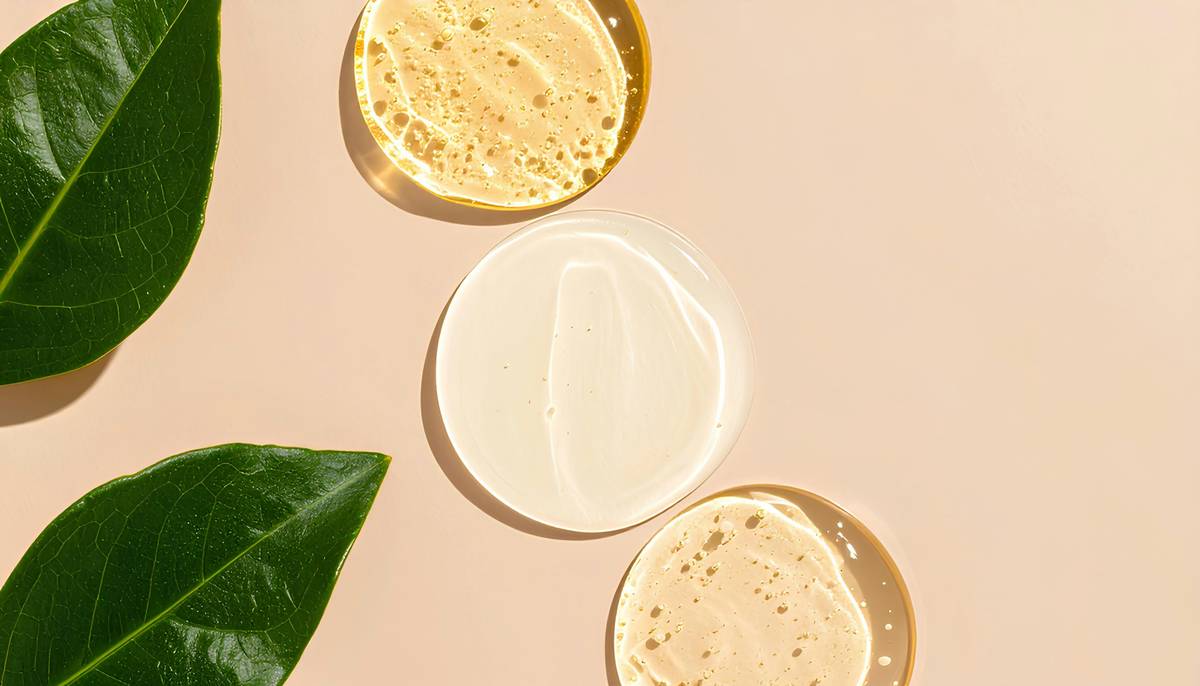
Raising my hand here—I once bought a luxury moisturizer because of its sleek packaging, only to realize later that the “fragrance” listed was code for synthetic junk. Rookie mistake. Since then, I’ve learned the hard truth: non-organic skincare often contains parabens, sulfates, and phthalates—nasty stuff linked to everything from hormonal imbalances to environmental pollution.
The good news? Organic moisturizers are formulated without these toxins. They’re made with natural oils, plant extracts, and sustainably sourced ingredients that nourish both your skin and Mother Nature. Plus, they typically come in recyclable or biodegradable packaging. Double win.
“Optimist You:* ‘Think of all the lives touched when you make the switch!’
Grumpy You: ‘Yeah, yeah—but don’t forget sunscreen too.’”
How to Choose an Environmentally Safe Moisturizer That Actually Works
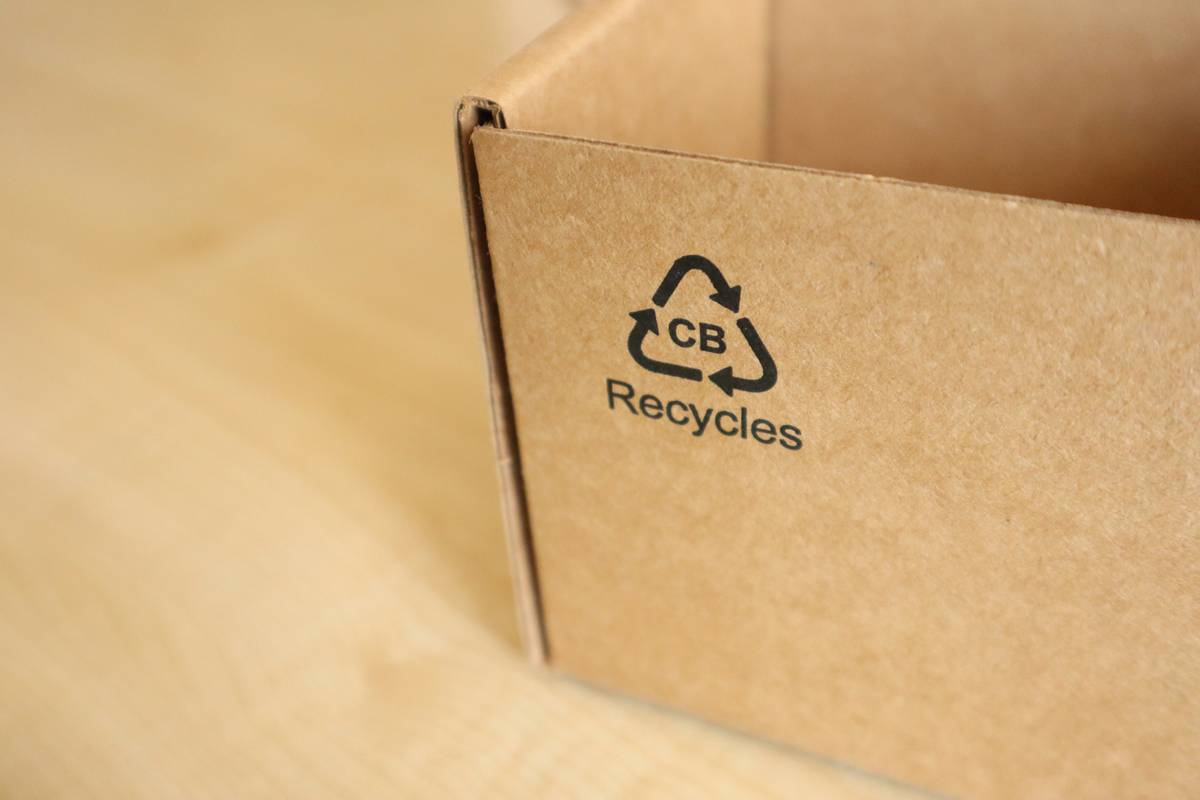
Shopping for organic moisturizers sounds simple enough until you hit the aisle—or worse, endless tabs online. Here’s where things get real:
What to Look For:
- Certifications Matter: Opt for brands with USDA Organic, Ecocert, or COSMOS certifications. These ensure the product meets strict standards.
- Simple Ingredients Lists: If you need a chemistry degree to understand the label, skip it. Natural moisturizers often include recognizable goodies like shea butter, aloe vera, and jojoba oil.
- Packaging: Glass bottles over plastic tubes every time. Bonus points if they’re refillable.
What to Avoid:
- Products labeled “natural” without certification (it’s often greenwashing).
- Anything with artificial fragrances, silicones, or mineral oils.
Terrific tip alert: If a brand claims their product is “environmentally friendly,” dig deeper. Some companies slap eco-buzzwords on products without backing them up.
3 Top Tips for Maximizing Your Organic Skincare Routine
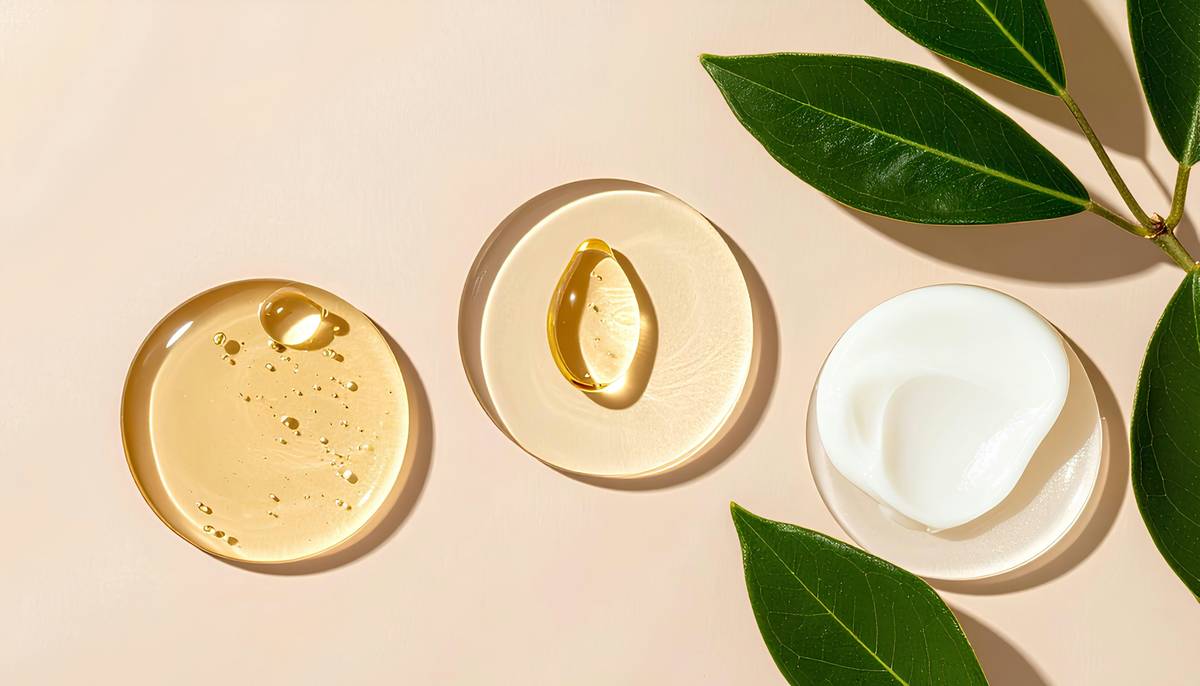
Switching to organic isn’t just about buying better products—it’s about integrating them effectively into your daily routine. Here’s how:
- Patch Test First: Always test new products on a small area of skin. Even natural ingredients can cause allergies!
- Layer Correctly: Apply after cleansing and toning, but before SPF during the day. Think cocooning your face in hydration.
- Store Properly: Organic formulas can spoil faster due to lack of preservatives, so keep ’em cool and dry.
Bonus rant: Why are so many natural products sold in clear glass jars? Sunlight kills antioxidants faster than a TikTok dance trend dies out!
Real-Life Success Stories: People Who Switched to Organic
Take Sarah, a 34-year-old graphic designer who struggled with chronic acne and sensitive skin. She ditched her drugstore creams for an environmentally safe moisturizer packed with chamomile and calendula. The result? Clearer skin—and peace of mind knowing her choices weren’t harming the environment.
Then there’s Mike, a dude who didn’t believe in skincare until his dermatologist suggested switching to organic moisturizers. Six months later, his flaky complexion turned smooth, and he became the unofficial champion of men’s natural grooming groups online. Moral of the story? It works for everyone.
Frequently Asked Questions About Environmentally Safe Moisturizers
Are organic moisturizers really effective?
Absolute chef’s kiss—they’re packed with nutrient-rich botanicals designed to deeply hydrate and repair.
Are they pricier than regular moisturizers?
Not always! While some high-end options exist, plenty of wallet-friendly picks deliver stellar results.
Do they expire faster?
Sometimes, yes. Keep an eye on expiration dates and store properly to extend shelf life.
Conclusion
Switching to an environmentally safe moisturizer isn’t just about vanity; it’s about responsibility. By choosing organic formulations, you’re investing in healthier skin *and* a healthier Earth. Whether you’re battling dryness, sensitivity, or dullness—or just want to reduce your carbon footprint—the shift is totally worth it.
So go ahead—try something new. Like a Tamagotchi, your skin deserves love and care (minus the pixelated chaos).
Haiku for the road:
Green beauty blooms bright,
Skin drinks pure, earthy goodness.
Planet smiles back.
